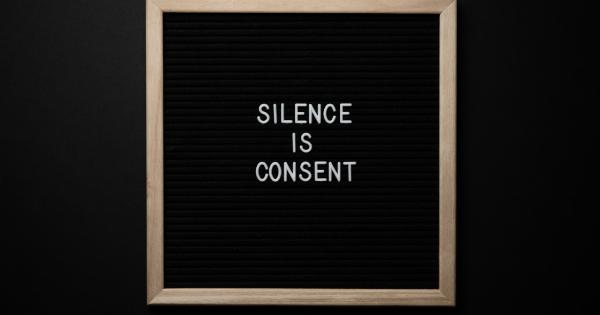Laryngeal cancer, also known as throat cancer, is a form of cancer that affects the larynx, or the organ that allows humans to talk, sing, and breathe.
The larynx is located between the base of the tongue and the trachea, and it contains the vocal cords. This cancer is relatively rare, but it can be life-threatening if not diagnosed and treated early.
Signs and Symptoms
One of the most common symptoms of laryngeal cancer is hoarseness or a change in the voice that lasts for more than two weeks.
Other symptoms include difficulty or pain when swallowing, ear pain, a lump in the neck, coughing up blood, and difficulty breathing. These symptoms may be caused by other conditions, so it is important to see a doctor to determine the cause.
Causes and Risk Factors
The exact causes of laryngeal cancer are not fully understood, but there are several risk factors that increase the likelihood of developing the disease.
These include smoking and tobacco use, heavy alcohol consumption, exposure to certain chemicals and substances, a weakened immune system, and a family history of cancer. Men are also more likely to develop laryngeal cancer than women.
Diagnosis
Diagnosis of laryngeal cancer typically involves a physical examination, including a thorough examination of the throat and neck.
A biopsy may also be performed, which involves removing a small sample of tissue from the larynx for examination under a microscope. Other tests may be ordered, including imaging tests like CT scans, MRIs, and PET scans to determine the extent and spread of the cancer.
Treatment
The treatment for laryngeal cancer varies depending on the stage and location of the cancer. Treatment options may include surgery, radiation therapy, chemotherapy, and targeted therapy. In some cases, a combination of treatments may be used.
The goal of treatment is to remove as much of the cancer as possible and prevent it from spreading to other parts of the body.
Prevention
There are several things you can do to reduce your risk of developing laryngeal cancer. If you smoke, quitting is the most important thing you can do. Limiting alcohol consumption and avoiding exposure to harmful chemicals and substances can also help.
Eating a healthy diet with plenty of fruits and vegetables and getting regular exercise can also reduce your risk of developing cancer.
Prognosis
The prognosis for laryngeal cancer depends on the stage of the disease at the time of diagnosis. Early-stage cancers have a better prognosis than those that have spread to other parts of the body.
The five-year survival rate for laryngeal cancer is around 60%. However, it is important to remember that every case is different, and survival rates can vary widely.
Support and Resources
Living with cancer can be challenging, but there are many resources available to help patients and their families.
Support groups and counseling can help patients cope with the emotional aspects of cancer, while rehabilitation programs can help patients regain speech and swallowing abilities after treatment. There are also many organizations and websites that provide information and support.
Conclusion
Laryngeal cancer is a serious and often life-threatening disease, but early detection and treatment can improve the chances of a successful outcome.
Understanding the signs and symptoms, risk factors, and treatment options can help patients and their families make informed decisions and take an active role in their care. With the help of medical professionals and support resources, it is possible to overcome this disease and regain a full and healthy life.




























